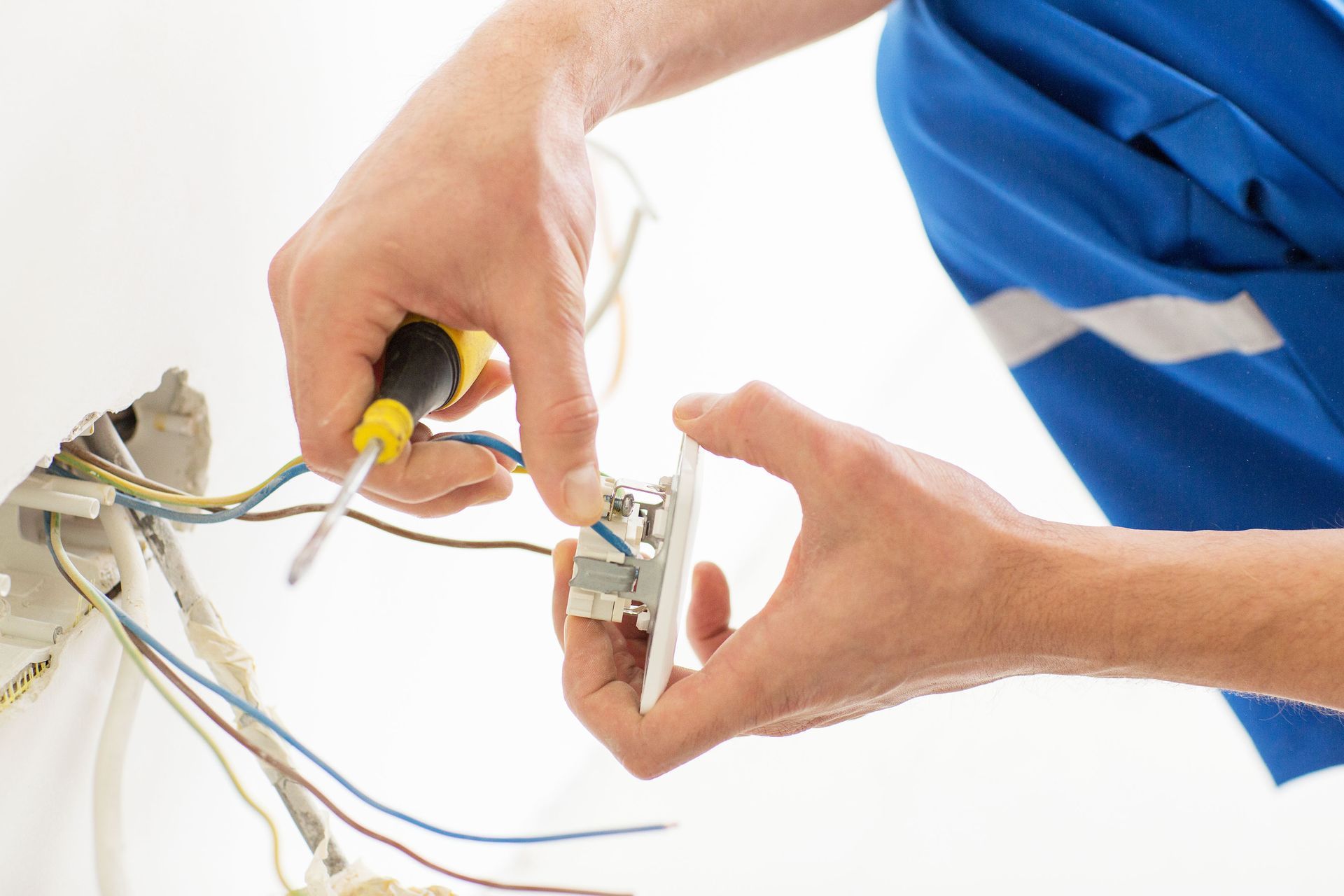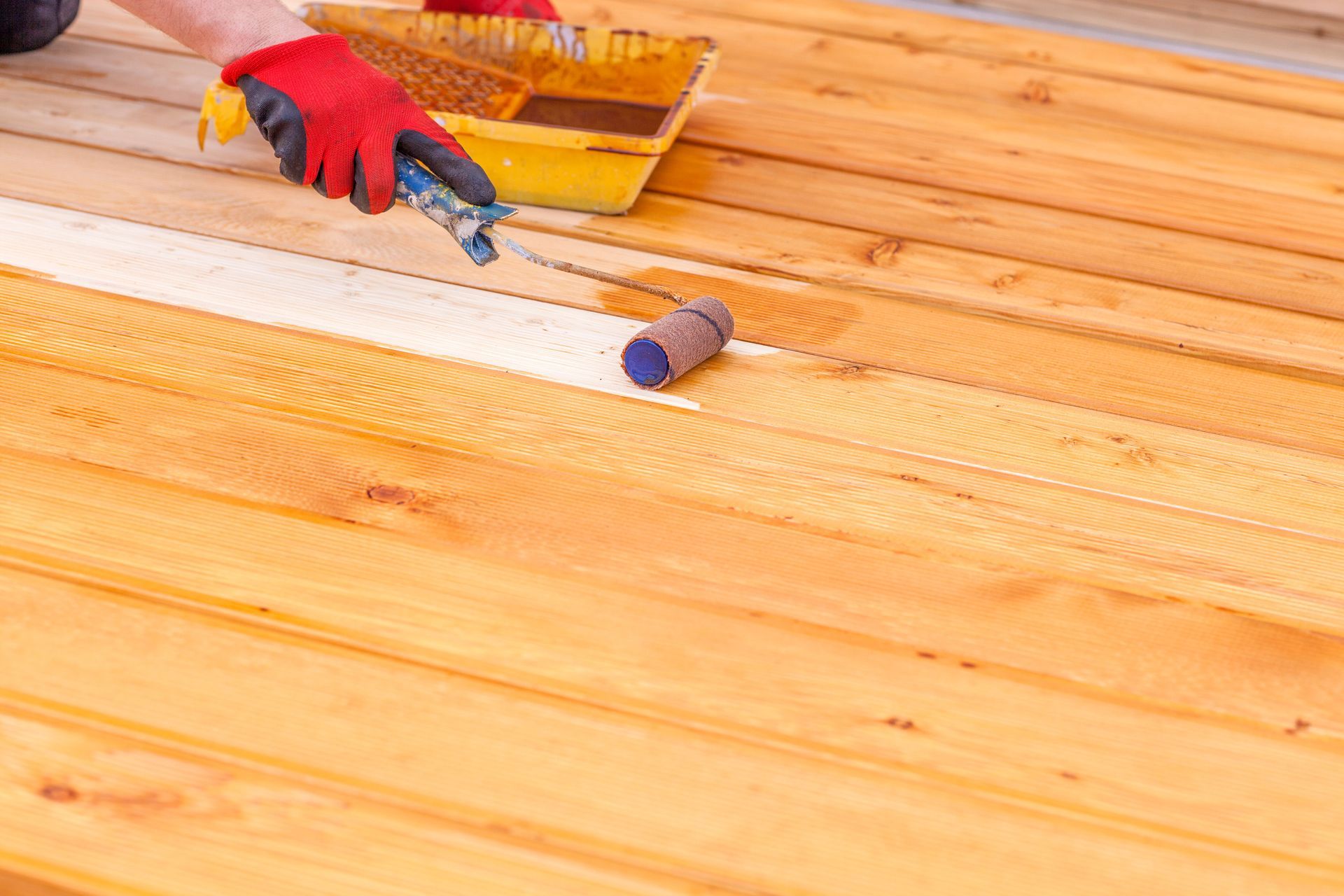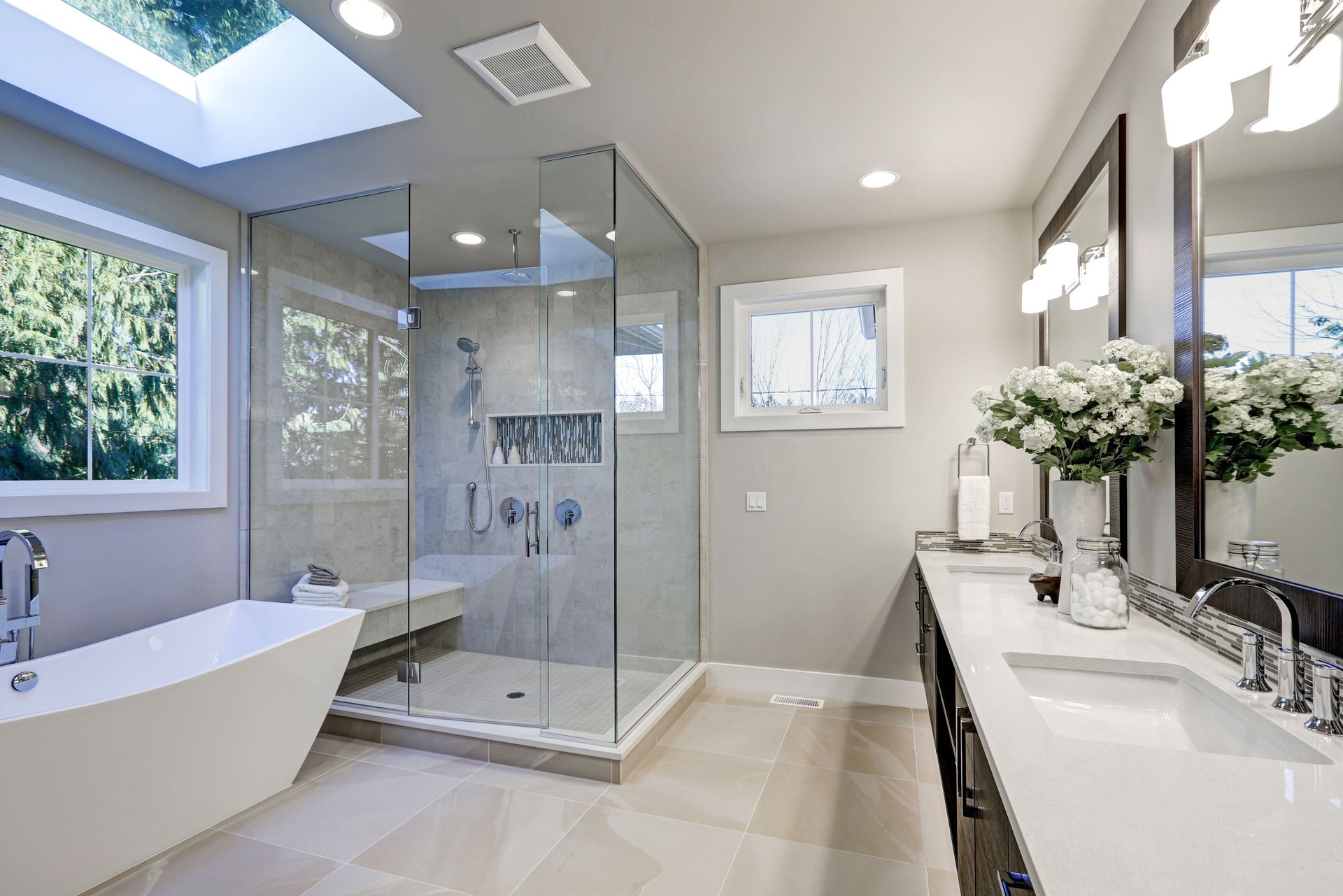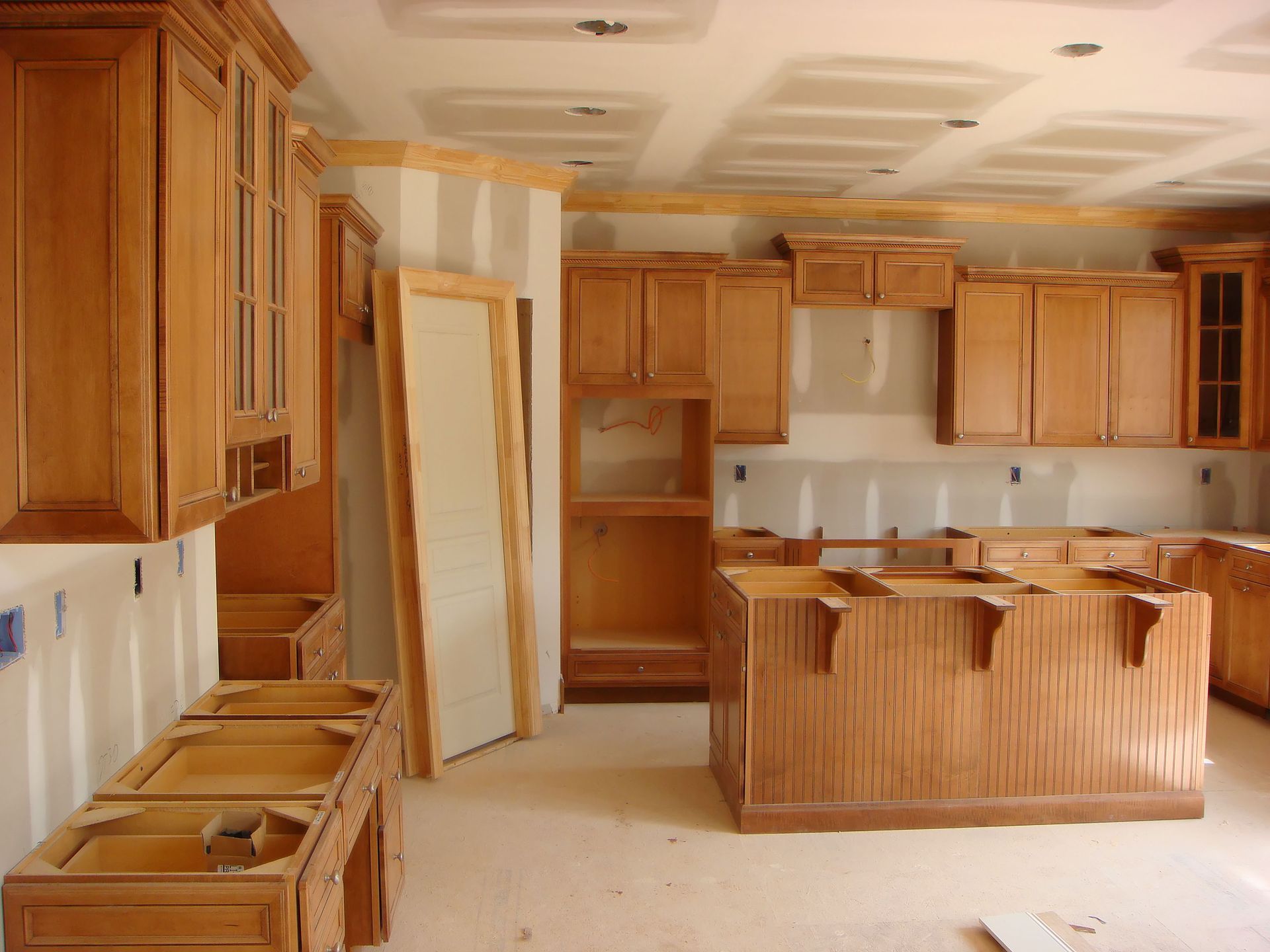The kitchen is often considered the heart of the home, a place where family gatherings, culinary creativity, and daily routines intersect. Transforming it into a space that is both functional and visually stunning requires more than a casual renovation—it requires the expertise of a skilled kitchen contractor. From initial design concepts to the finishing touches, a professional contractor guides homeowners through every step, ensuring precision, creativity, and efficiency.
A kitchen renovation impacts not just aesthetics but also the home’s value, workflow efficiency, and long-term durability. By partnering with an experienced kitchen contractor, you gain access to expert advice, strategic planning, and professional execution, which collectively elevate the final outcome. This article explores the essential phases of a kitchen transformation, from conceptualization to completion, providing insights into how a skilled professional can turn your vision into reality.
1. Understanding Your Vision and Setting Goals
The journey to a dream kitchen begins with a thorough consultation. During this meeting, the kitchen contractor evaluates the existing space, examines structural limitations, and identifies opportunities for improvement. Open dialogue at this stage ensures that both the homeowner and contractor share a clear understanding of objectives, functional priorities, and aesthetic aspirations. The contractor also assesses workflow inefficiencies and recommends strategies to improve usability. This foundational step lays the groundwork for a renovation that aligns with both personal preferences and practical needs, creating a roadmap for a smooth and effective project.
A critical part of the planning process is establishing a realistic budget. The kitchen contractor provides transparent guidance, offering cost estimates for materials, labor, and potential contingencies. Conducting a feasibility study helps homeowners understand what their budget can achieve, especially as many homeowners, about 44%, reported spending more on renovations in 2024 than in 2023, according to Clever. Strategic budgeting ensures that the renovation remains financially manageable while achieving the desired quality and design outcomes.
Renovation timelines can make or break a project. A skilled kitchen contractor creates a practical schedule with milestones such as demolition, cabinet installation, and final inspections. Clear timelines help manage expectations, allocate resources efficiently, and reduce stress for homeowners. During this planning phase, the contractor also balances aesthetics and functionality, ensuring that the new kitchen meets both visual and practical standards. Ergonomic layouts, appliance placement, and personalized touches come together to form a kitchen that is as efficient as it is beautiful.
2. Designing the Optimal Layout
Effective kitchen design begins with evaluating the current layout. The contractor examines workspace flow, accessibility of storage, and spatial bottlenecks that may hinder functionality. Identifying these areas enables the creation of an optimized layout that supports smooth movement and task efficiency. Floor plans are customized to meet the unique needs of each household. Using design software, the kitchen contractor models layouts that maximize available space and harmonize style with functionality. Tailored floor plans create a balanced environment where cooking, cleaning, and socializing coexist seamlessly.
A time-tested approach to kitchen efficiency is the work triangle, which emphasizes the spatial relationship between the sink, stove, and refrigerator. Properly applied, this principle reduces unnecessary movement, streamlines cooking processes, and enhances usability. The contractor ensures that these elements are positioned strategically for comfort and convenience. Modern kitchens often serve as social hubs, blending cooking with dining and entertainment. Contractors can integrate breakfast bars, seating areas, or extended countertops into the design, creating spaces that encourage family interaction and guest engagement. Thoughtful layout planning ensures that these areas complement the overall kitchen aesthetic while remaining functional.
3. Selecting Quality Materials and Finishes
Countertop selection impacts both aesthetics and durability. Natural stones like granite and marble offer classic elegance, while engineered surfaces such as quartz provide low-maintenance versatility. A knowledgeable kitchen contractor guides homeowners through the pros and cons of each option, ensuring that choices match both style preferences and practical needs. Cabinetry defines the character of a kitchen. From modern minimalist designs to traditional craft-style cabinets, material choices—such as solid wood, laminate, or metal—impact durability, appearance, and maintenance. Hardware, including handles and hinges, further enhances functionality and style. A kitchen contractor ensures selections align with the overall vision and create cohesive results.
Flooring is another critical component of kitchen design. Choices like tile, hardwood, laminate, and vinyl each offer unique benefits. Considerations include durability, moisture resistance, and maintenance. The contractor evaluates options to balance aesthetics with practicality, providing a flooring solution that withstands daily wear while complementing the kitchen’s style. Sustainability is increasingly a priority in kitchen renovations. Durable and eco-friendly materials like recycled glass countertops or bamboo flooring reduce environmental impact without sacrificing quality. A contractor ensures these materials are integrated seamlessly, producing a kitchen that is both stylish and environmentally responsible.
4. Integrating Modern Appliances and Technology
Smart kitchen appliances, including refrigerators, ovens, and dishwashers, add convenience and efficiency. They can be remotely monitored and controlled, offering advanced energy management and safety features. A skilled kitchen contractor integrates these technologies seamlessly into the kitchen layout. ENERGY STAR-rated appliances and induction cooktops reduce both energy consumption and utility costs. By incorporating these eco-conscious choices, homeowners can enhance sustainability while maintaining a modern, high-performing kitchen environment.
Investing in quality ovens, stoves, and microwaves elevates the culinary experience. The contractor evaluates needs based on cooking habits and kitchen space, ensuring that equipment selection complements both function and style. Touchless faucets, integrated coffee stations, and smart lighting solutions add convenience and value. The contractor ensures that these gadgets fit naturally into the kitchen design, enhancing daily functionality without cluttering space.
5. Enhancing Lighting and Ambiance
A well-lit kitchen combines ambient, task, and accent lighting. Layered lighting improves functionality while creating a welcoming atmosphere. Contractors design lighting schemes that optimize brightness where needed and highlight key features effectively. Lighting fixtures influence both utility and aesthetics. Choices range from subtle recessed lights to bold pendant statements. A contractor ensures that fixtures align with design goals, providing proper illumination while enhancing the kitchen’s visual appeal.
Maximizing natural light improves energy efficiency and elevates the overall atmosphere. Strategic window placement and skylights introduce daylight while providing control through treatments or blinds. Modern smart lighting systems allow homeowners to control brightness, color, and timing via smartphone or voice commands. A contractor ensures these systems are installed effectively, offering convenience, energy savings, and a customizable ambiance.
6. Managing the Renovation Process
Effective project management ensures that every phase progresses on schedule. The kitchen contractor coordinates subcontractors, materials, and suppliers to prevent delays, building contingency plans for unforeseen issues. Compliance with building codes is essential. The contractor manages permit applications, evaluates structural, plumbing, and electrical requirements, and ensures all renovations meet local standards, protecting the homeowner legally and structurally.
Unexpected obstacles, like hidden water damage, can arise during renovation. Experienced contractors anticipate these issues and develop solutions that maintain project scope, budget, and timeline without compromising quality. Maintaining open lines of communication keeps homeowners informed at every stage. Regular updates, progress reports, and quick responses to questions foster trust and reduce misunderstandings throughout the renovation. A thorough inspection ensures all aspects meet design and safety standards. Contractors conduct quality checks, address any deficiencies, and guide homeowners through a final walk-through. This guarantees a completed kitchen that meets or exceeds expectations.
As trends indicate increased spending on home renovations, partnering with a kitchen contractor is a prudent decision. Their knowledge, attention to detail, and project management skills turn potential obstacles into opportunities, delivering a kitchen that meets your vision and exceeds expectations. Trusting a professional allows you to enjoy the journey while achieving a lasting, high-quality result that enhances your home for years to come. Ready to transform your kitchen into the heart of your home? Contact Baker & Baker Construction today and let our expert kitchen contractors bring your dream space to life.







Share On: